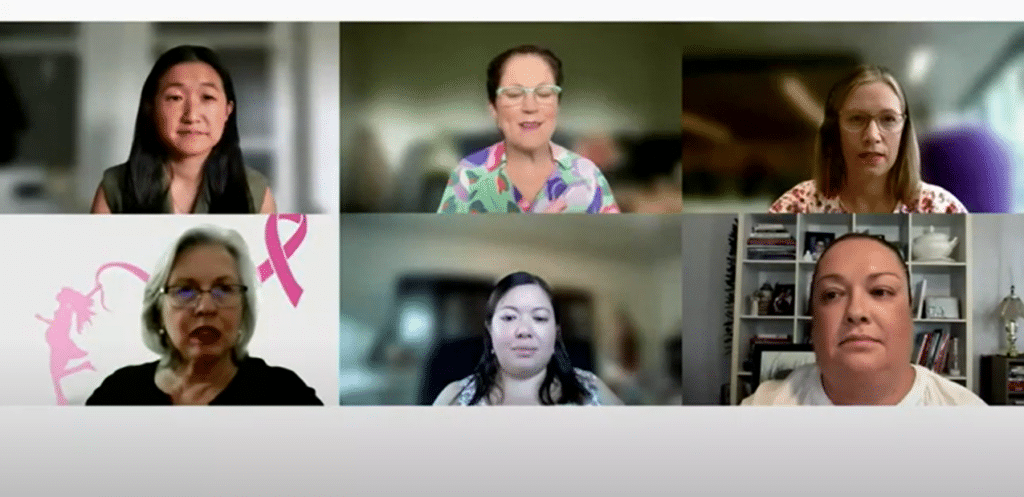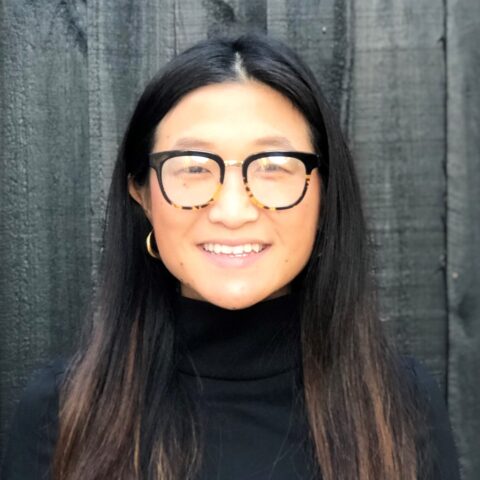- Research
- 2022-2026 Research Strategy
- Open Clinical Trials
- Closed Clinical Trials
- What is a Clinical Trial?
- Why Participate in a Clinical Trial
- Remote Telehealth Pre-Screening Process
- Research Achievements
- Publications
- Research Development and Funding
- Participating Institutions
- International Collaboration
- BCT Trials & Projects Summary
- Translational Research
- Clinical Fellowship Program
- International Fellowship Support
- Annual Scientific Meeting
- Travel Grants and Awards
- About
- Our Impact
- Fundraise
- Donate
- Researcher Login
- Cart
Around 4,000 women in Australia and 400 women in New Zealand are diagnosed with breast cancer each year, who are under the age of 45.
Having a family may be top of mind for many of these women. While others may not have thought about planning a family yet.
But for those diagnosed with breast cancer during these childbearing years, decisions about treatment need to consider fertility.
Some treatments for breast cancer, such as chemotherapy and hormone therapy, may induce premature menopause and can reduce a woman’s chance of having children in the future.
While breast cancer treatments can affect each person differently, it is important to discuss fertility options with a breast cancer specialist and potentially a fertility specialist before cancer treatment begins, when there are more options available. This may be useful even for those without future plans to have children, as circumstances change over time.
In our latest Q&A event, moderated by Author and Journalist Annabel Crabb, our panel of experts discussed fertility preservation options for breast cancer patients, informed decision making and fertility decision aids, the latest in fertility preservation research, and measuring the effect of clinical trial treatment on ovarian function.
We also heard firsthand from women who have experienced breast cancer, and what impact it had on their fertility and having a family after treatment.
And we explored research achievements, such as the POEMS clinical trial that was conducted in Australia and New Zealand by Breast Cancer Trials, which found that premenopausal women who received standard chemotherapy with the drug goserelin, were less likely to be in menopause two years after their cancer treatment and were twice as likely to have a normal pregnancy after their cancer treatment.







